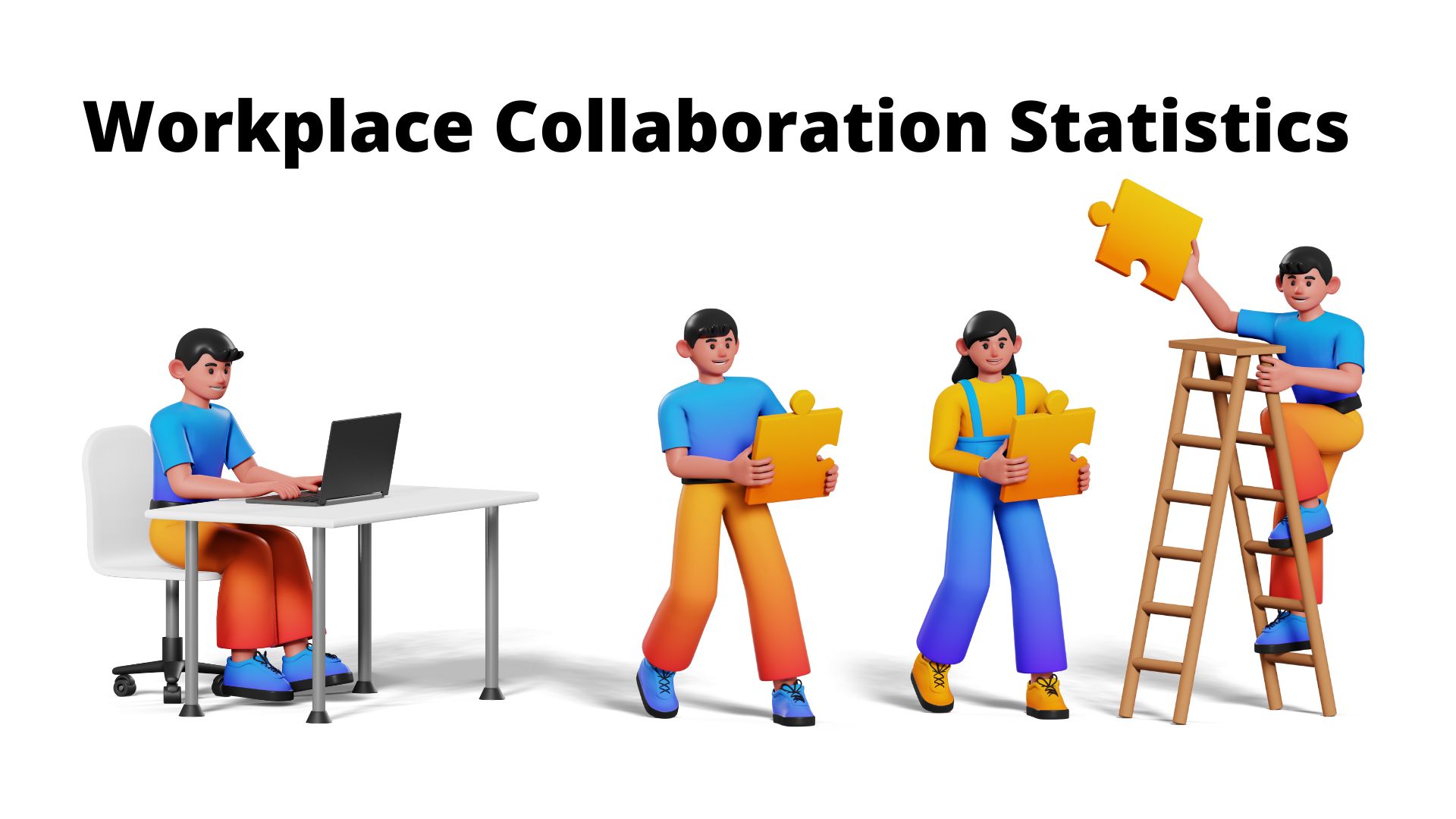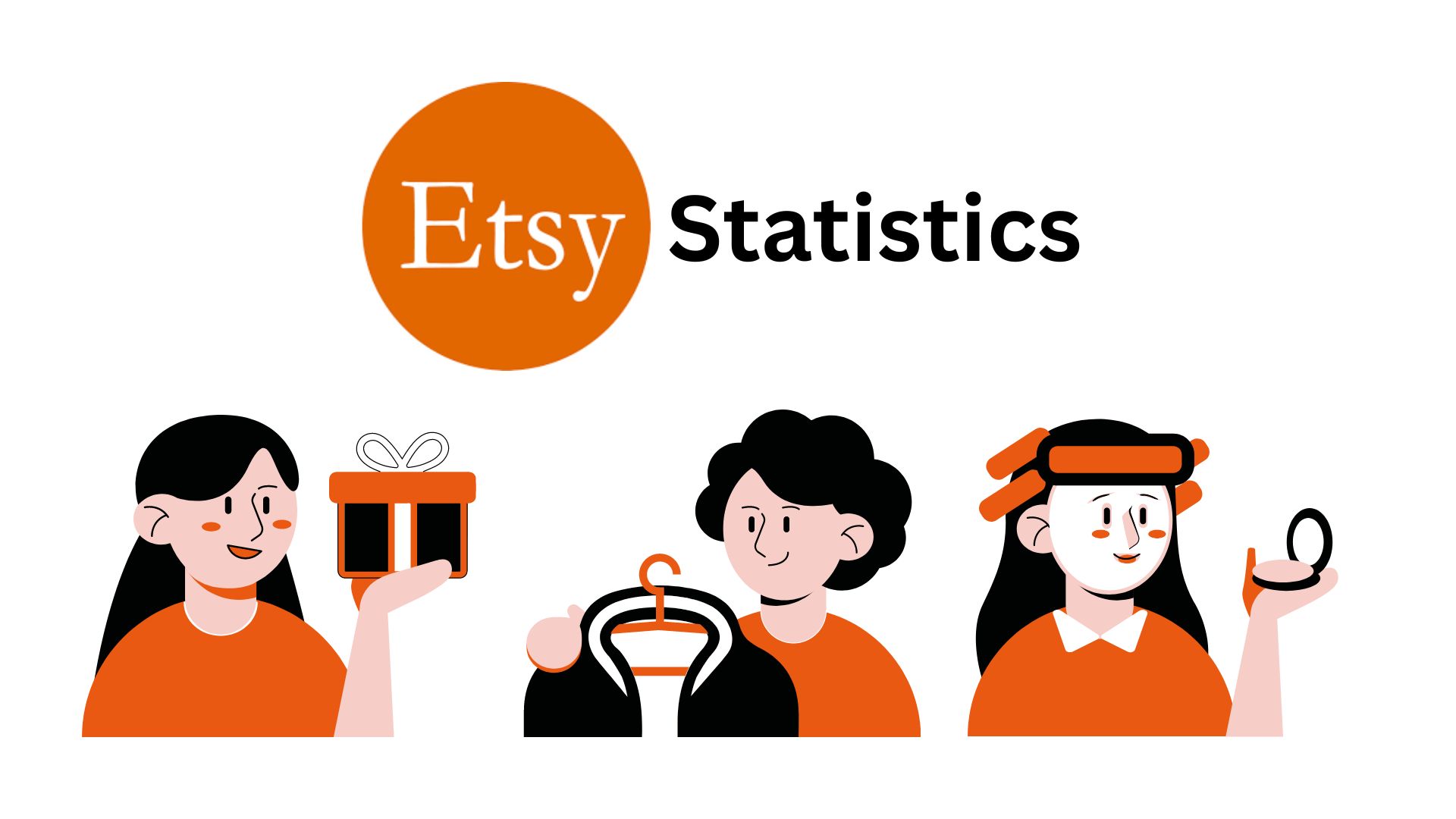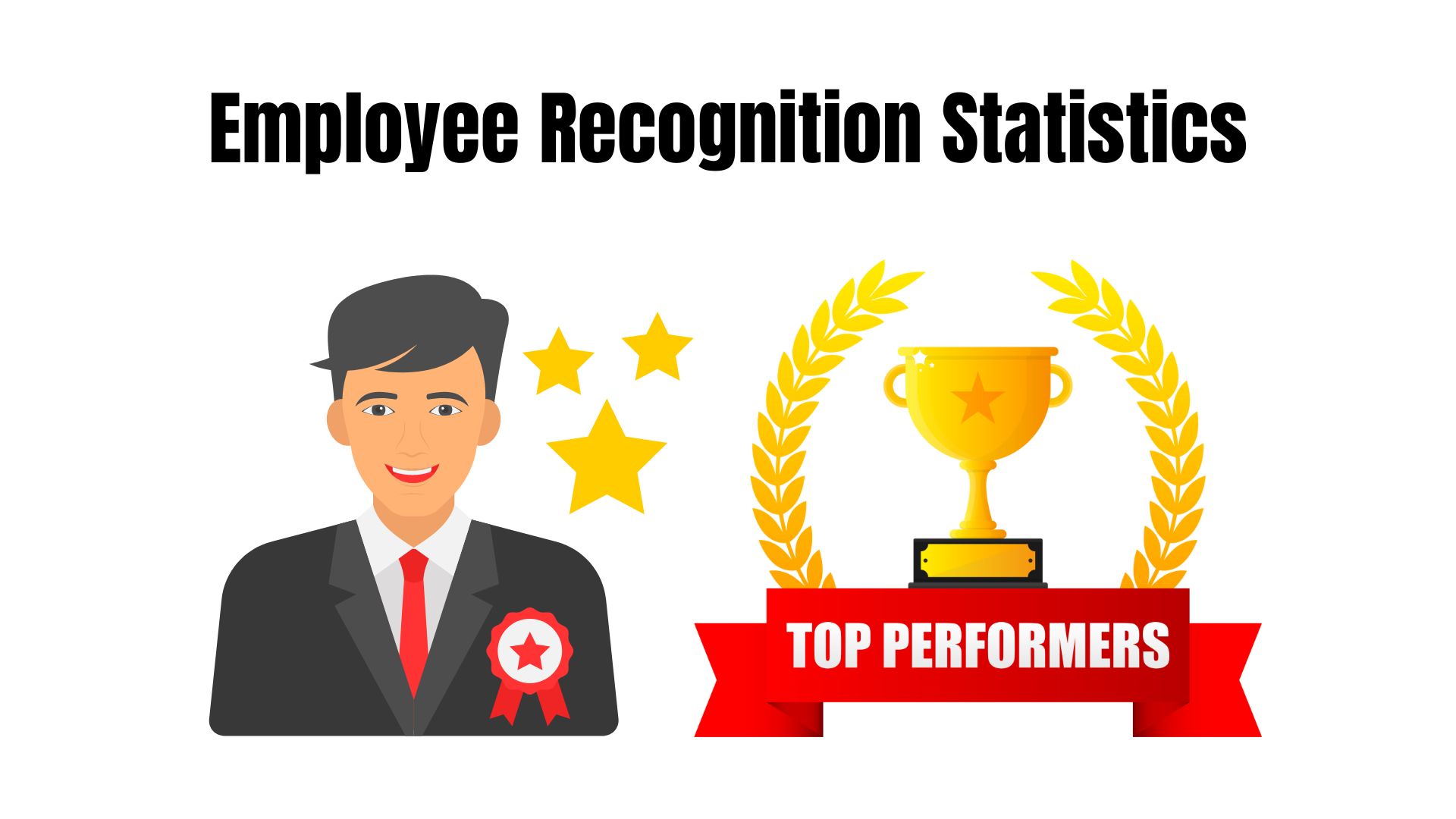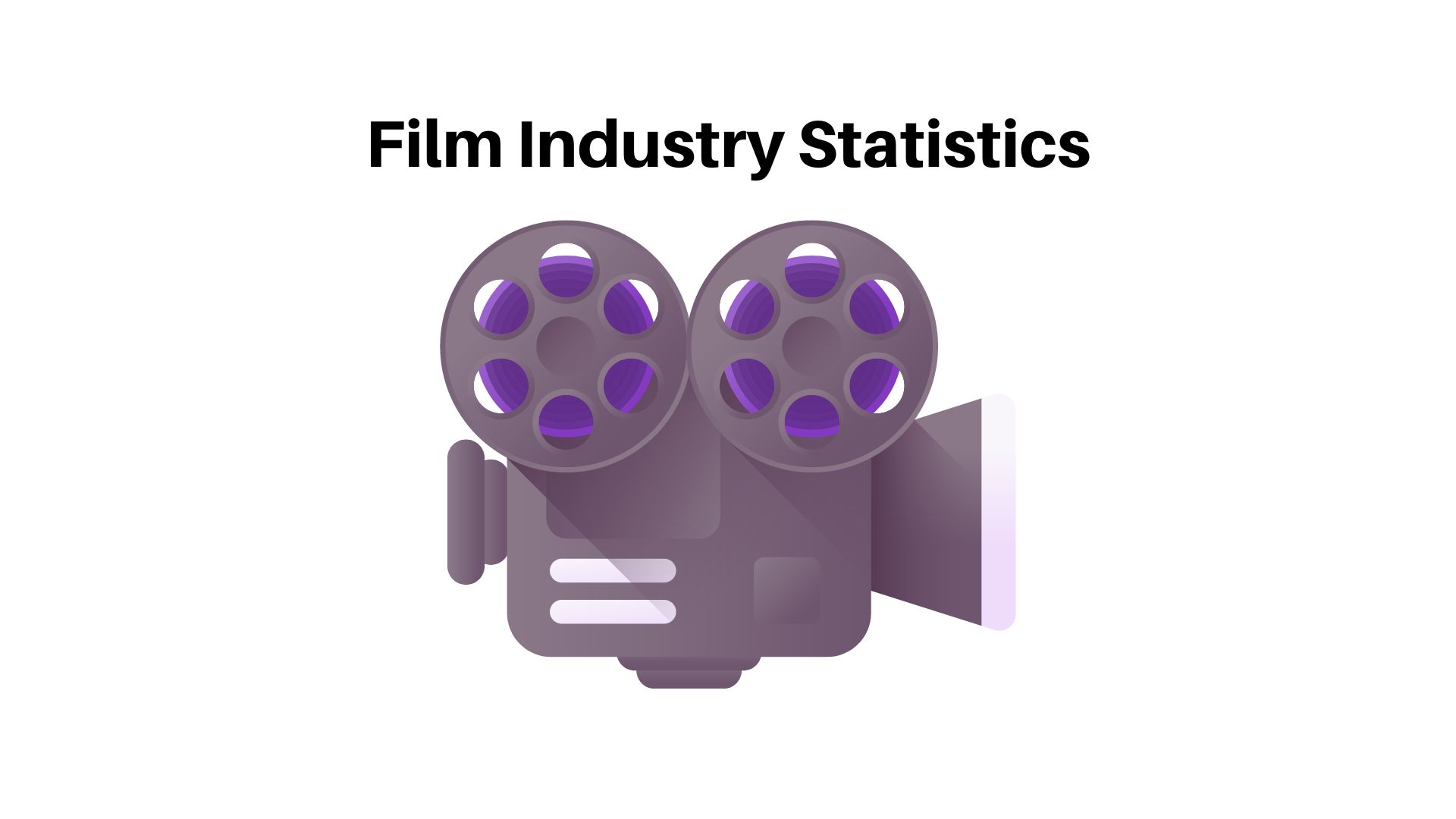Oracle-PeopleSoft Saga: A Market Ripple Effect
Analysis — The stars are aligning for Oracle's acquisition plans for PeopleSoft, but analysts say customers need to set their compasses to watch all the players in enterprise software applications if the deal goes through.
Two obstacles cleared out of the database software giant's path to
PeopleSoft Friday. The U.S. Department of Justice said
it would not appeal a ruling on its antitrust case and in a surprise move, PeopleSoft's Board of Directors
Sources inside the company said employees are encouraged by the return of Duffield, but still feel like they are smack-dab in the middle of a TV soap opera.
“Dave is a known entity. We know he left when he did because he felt he wasn't capable of handling a ‘big' company. Well, we've only grown bigger.
So there is speculation along the lines of most investors [of a] set up for a buy
out,” the PeopleSoft employee, who asked not to be identified, told
internetnews.com. “On the other hand, Dave was always fiercely loyal
to his customers and his employees, possibly even to a fault. So there is
speculation that he's back and better than ever for PeopleSoft. Only time
will tell.”
PeopleSoft spokesperson Steve Swasey told internetnews.com the board of directors would continue to consider Oracle's offer but gave no
timeline. Based on the opinions of its
financial partners, Citigroup and Goldman, Sachs, the board has said Oracle's current offer of $21.00 per share is inadequate. Swasey said trying to figure out the board's next move would be “purely speculative.”
Analysts interviewed by internetnews.com said the latest
events increase the probability of a hostile takeover — perhaps in the next three months. If the merger does go through, however, they said IBM , Microsoft
and SAP AG
would also influence the Enterprise Application Software (EAS) market.
“Especially IBM. For them it is a win-win situation,” Philip Fersht,
Yankee Group analyst and director of the research firm's Business
Applications Group told internetnews.com “When PeopleSoft agreed to
put [IBM's] WebSphere products in its software, at first we tried to put a positive
spin on this with the possibility that IBM would be a ‘White Knight' with
PeopleSoft. When we looked at what IBM wanted to do, all we could tell is that they want to sell WebSphere to more customers. The IBM partnership is
more about controlling 70 percent of the Human Resource software market.”
Fersht said IBM is also getting aggressive with its business process
outsourcing, where Big Blue provided high level services around PeopleSoft
software human capital management software.
Fellow Yankee Group analyst Mike Dominy said SAP is a winner, because even
though it will compete more fiercely with fewer players, the raging battle
between Oracle and PeopleSoft would allow SAP to quietly peel off more market share.
SAP's success could also help Microsoft in its pursuits to grow beyond its mid-market presence, courtesy of its Great Plains platform. Beyond a one-time plan to consider a merger, the two companies have applications that already compliment each other, including Microsoft's Biz
Talk server with SAP's connectors as well as SAP's NetWeaver support for Microsoft .NET products and smart client technology. But Fersht also noted that Microsoft is the largest Web services provider hands down, which is of great interest to SAP.
A merger of PeopleSoft and Oracle could also leave smaller players scrambling, according to Yankee Group's Fersht.
“I would expect to see IBM go into the apps game with a Siebel
acquisition or BEA. I just don't think BEA can now stand up
to Oracle if it acquires PeopleSoft. With IBM and BEA they could focus on the integration space and middleware.”
As for PeopleSoft, Paul Hamerman, a vice president and market analyst at
Forrester Research, believes the move to oust Conway was prompted by
customer dissatisfaction and a lack of technology direction.
“Dave Duffield built PeopleSoft as a customer-centric software vendor,
but customers felt alienated under Conway's leadership, mainly due to rising
maintenance costs and a proliferation of add-on products, some of which
could have been provided as enhancements,” Hamerman said. “I believe that
Duffield wants to realign the company with his original vision, that looking
after customers is a path to shareholder value. PeopleSoft will attempt to
reach out to customers to restore confidence and put the company back on a
path toward innovation.”
Oracle's next obstacle is PeopleSoft's Customer Assurance Program (CAP),
which guarantees that customers receive up to five times their money back if
Oracle takes control of PeopleSoft. Lawyers for both sides are expected to square off in court over the issue Monday in Delaware.
“The customer assurance program can be addressed as long as Oracle
continues to support PeopleSoft products adequately,” Yankee Group's Dominy said. “Oracle must outline a plan that shows how PeopleSoft customers will be cared for [in the event of a merger] so that the CAP cannot be triggered. Also note that the CAP has a limited timeframe on it and can be rendered inactive if the company acquiring PeopleSoft is welcomed by PeopleSoft.”
Even if it manages to remove PeopleSoft's CAP refund, Oracle's pursuit
has other major hurdles to face, including a pending antitrust investigation
by overseas regulators with the European Commission, a so-called “poison
pill” in PeopleSoft's by-laws and even a proxy war if PeopleSoft's Board of
Directors do not meet eye to eye with investors.
Ken Marlin, managing partner of New York-based Marlin & Associates, a
mergers and acquisitions investment bank, told internetnews.com
PeopleSoft's rejection of Oracle had nothing to do with price or anti-trust
concerns and everything to do with the fact that PeopleSoft management, led by Craig Conway, hates Larry Ellison. It's personal.
“From the beginning, we have been saying that there is no legitimate antitrust issue and that Oracle will negotiate a higher price,” Marlin
said. “Further, the only way that a board can determine that a price is ‘too
low' is if management provides financial forecasts indicating that its actions will cause the share price to rise even higher than the outside
offer. We were shocked that the PeopleSoft board refused to talk. We could
not see how the PeopleSoft management could argue that it could
independently make the company worth more, in the near term.”

Michael Singer is a career coach, podcast host, and author to help you step into a career you're excited about. Currently, He is a coach and trainer helping entrepreneurs and executives achieve business and leadership success. He is also an award-winning business journalist focused on the intersection of technology, Big Data, Cloud, SaaS, SAP, and other trending technology.



